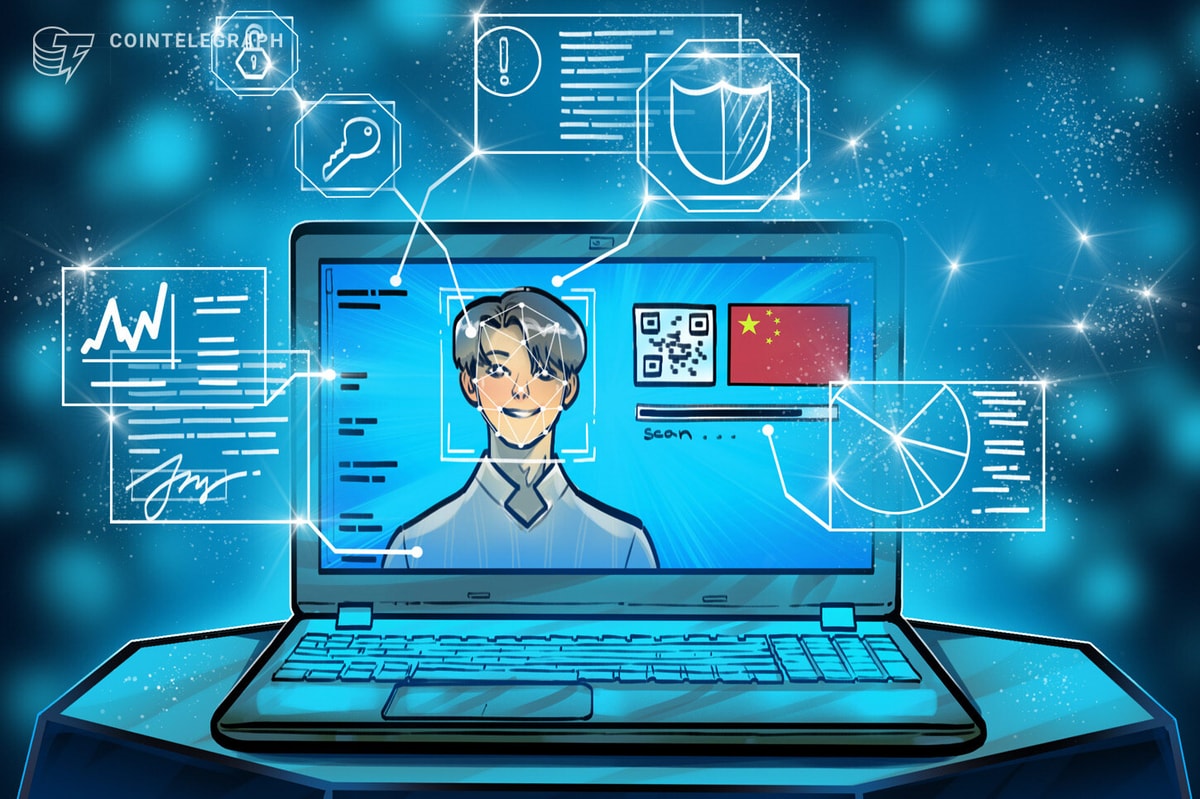The Malaysian blockchain is the international supernode operator of China’s public Xinghuo blockchain.
News
Own this piece of crypto history
The Malaysian Zetrix blockchain will offer electronic Know Your Customer verification for Chinese nationals abroad. Called ZCert, the new service is available to people who choose to publish their official Digital Identities (IDs) on the Chinese state-run Xinghuo Blockchain Infrastructure and Facility (BIF).
Zetrix is looking at global reach
Zetrix is able to offer the ZCert service thanks to its integration with Xighuo BIF, which is run by the China Academy of Information and Communications Technology. Zetrix is the operator of the Xinghuo BIF International Supernode.
Zetrix co-founder T.S. Wong said ZCert “enables a new wave of services powered by smart contracts. […] Payments on Web3 platforms can now be executed fully in compliance with existing rules.” Wong continued:
“Our Chinese Digital ID application, combined with Malaysia’s National ID and World ID and future sovereign IDs, makes ZCert the most comprehensive global Digital ID solution.”
Zetrix’s parent company MY EG Services partnered with the Malaysian government research and development agency MIMOS in 2022 to create a Malaysian national public blockchain. MIMOS signed an agreement with Worldcoin in August and enlisted MY EG to “integrate Worldcoin technology into the country’s digital infrastructure.”
Zetrix expects to expand its ID verification service soon to include other critical documents. Zetrix already digitizes Chinese driving licenses for overseas verification.
Related: Blockchain may help whistleblowers of the future
Identity remains thorny
Xinghuo BIF operates a signature verification service, among other things. When it integrated with Zetrix, it planned to provide services in Malaysia and other ASEAN countries, such as cross-border commodity tracing, identity verification and supply-chain finance.
Source: Zetrix
ZCert will use a self-sovereign identity model, meaning the owner of the data will be able to decide what identity elements to disclose, and what to keep concealed, when it is used. Due to the nature of blockchain, the IDs can be confirmed as authentic and unaltered, and they can be updated.
Digital identity is often an onchain sore spot, despite the efforts of market participants ranging from IBM to Polygon and the likes of the Ethereum Attestation Service.
Magazine: How the digital yuan could change the world… for better or worse
This article first appeared at Cointelegraph.com News

